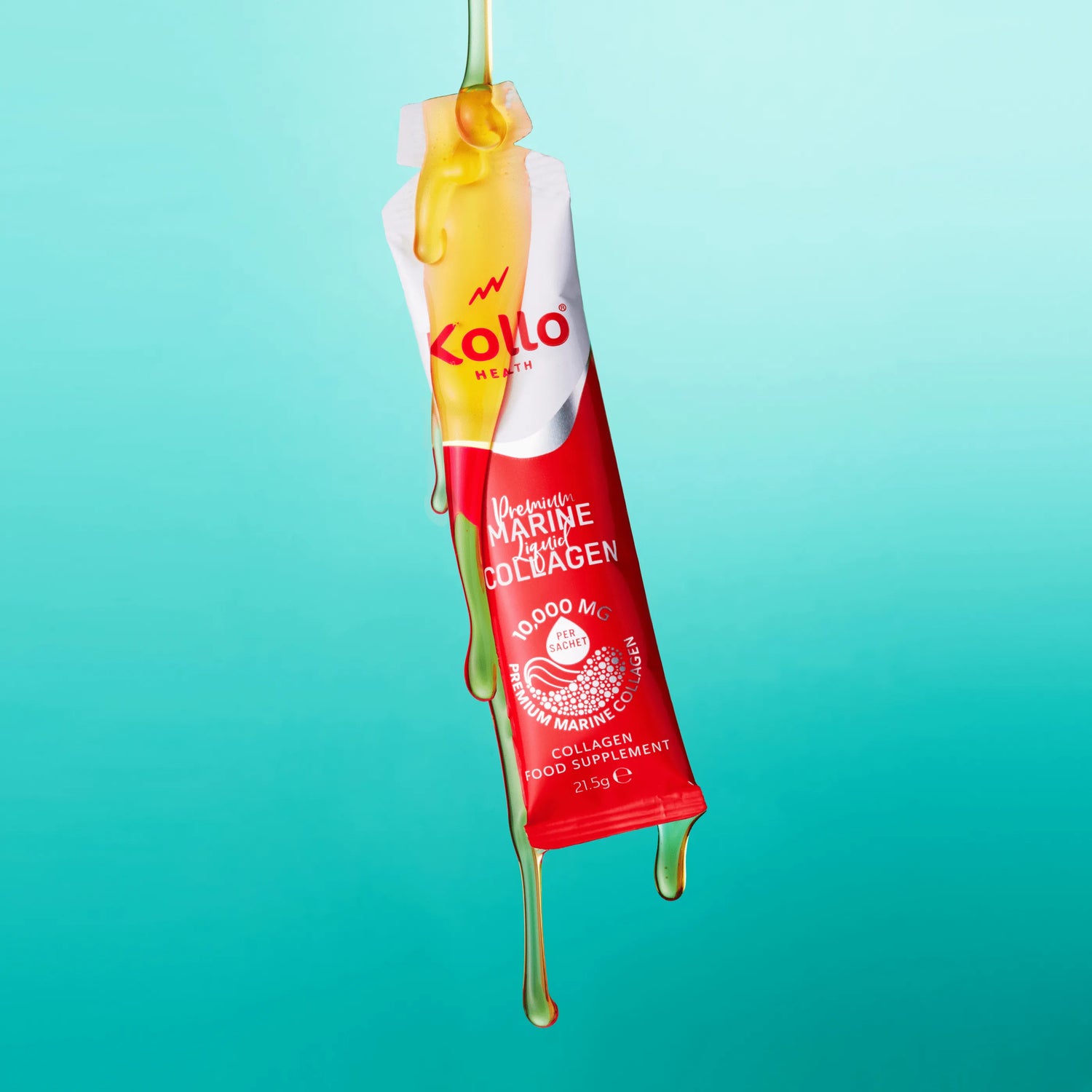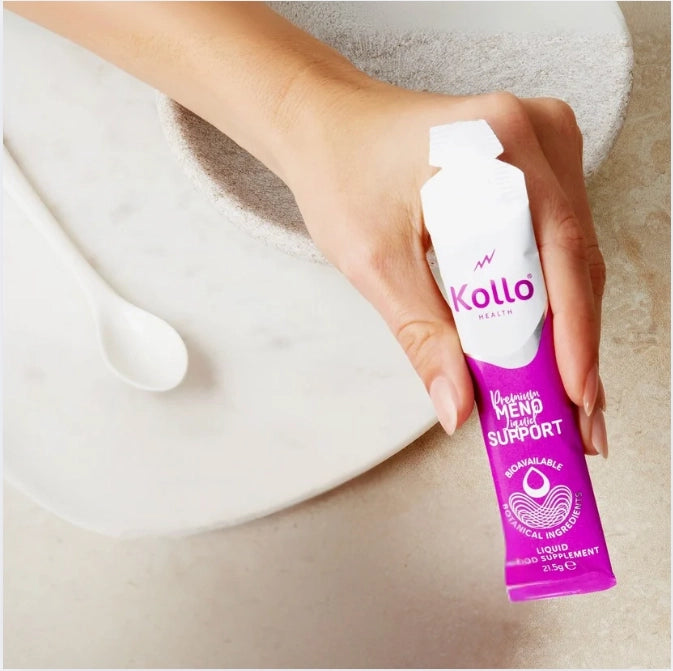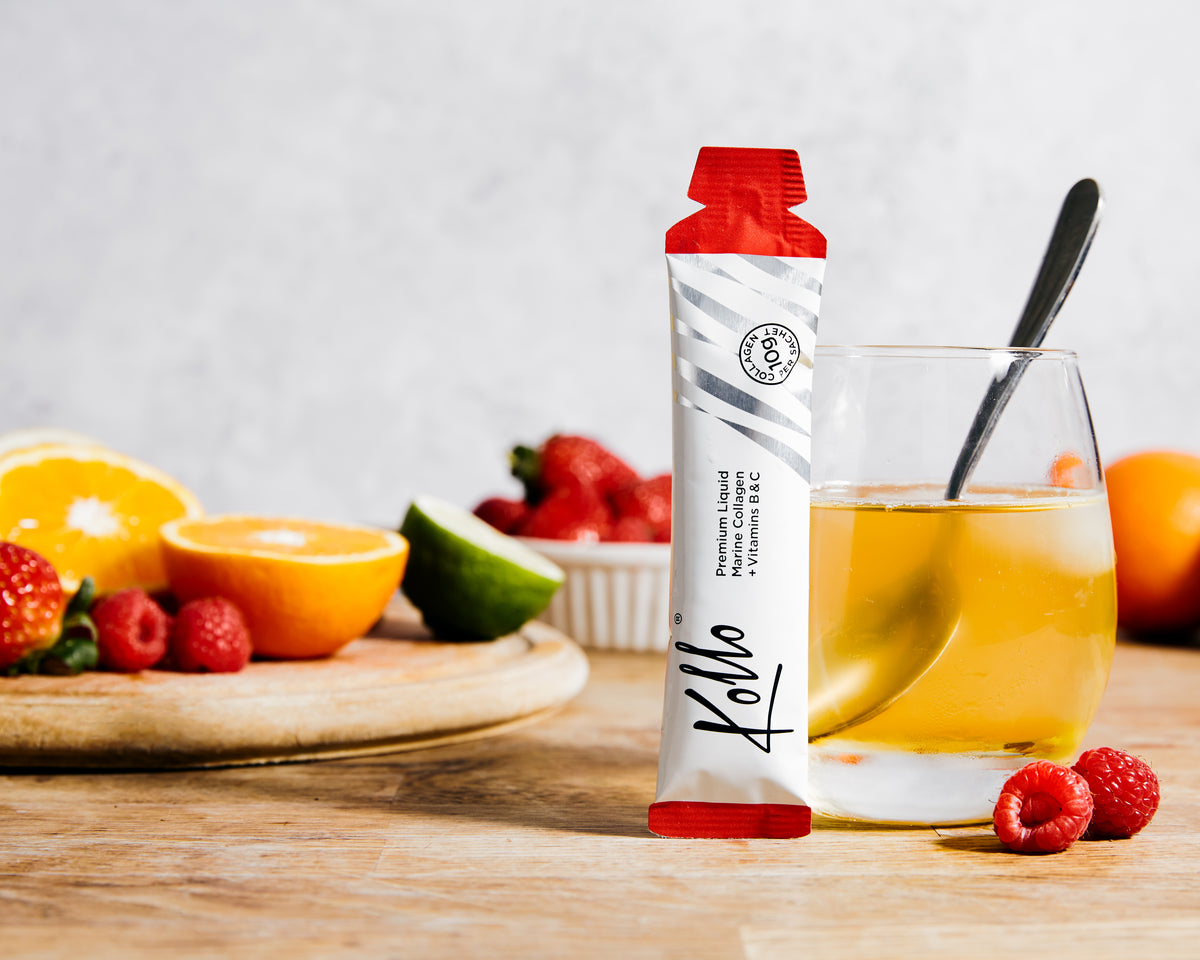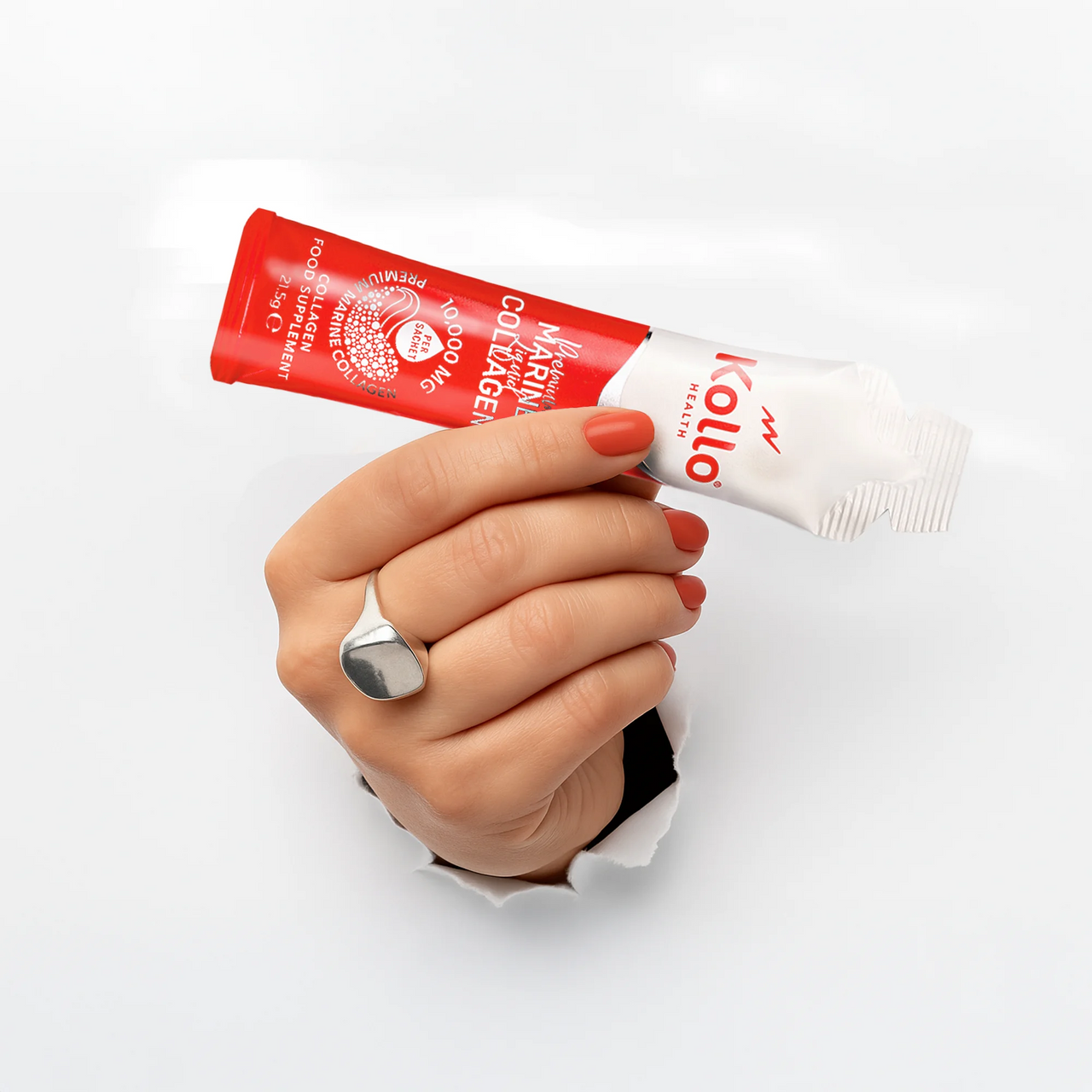Does the type of collagen in a supplement matter?
It is a fact that different parts of our bodies contain different quantities of the various types of collagen. Type I is the most abundant, but there is more type II collagen in the tissues of our joints, for example. Because of this, many manufacturers of collagen supplements advertise the fact that their product contains type II or type III collagen and claim that this makes it more effective for certain benefits. But does the type of collagen in a supplement matter?
In this post, we will look at what the human body does when collagen is consumed and explore whether being fed a certain collagen type might trigger synthesis of that same collagen type.
How many types of collagen exist?
You may be surprised to learn that there are actually more than 28 different types of collagen in the human body. Approximately 90% of that collagen, however, is type I, which is present pretty much everywhere collagen is needed. This includes:
-
Skin
-
Bones
-
Arterial walls
-
Cartilage
-
Connective tissues
The other collagen types that are most abundant are types II and III. The former is primarily found in the tendons, ligaments and cartilage, while the latter is present in muscles, organs, blood vessels and the intestines. We also have small amounts of types IV and V in some layers of the skin, certain organs, hairs and placenta tissue.
What happens to collagen in our bodies?
The various types of collagen provide structure and elasticity to the tissues they are found in. This is important for maintaining the integrity, appearance and proper function of those tissues. Without collagen, our bones become brittle, our skin becomes dry and wrinkled, our arteries stiffen, joints get sore and painful. High levels of collagen are a protective factor against osteoarthritis, osteoporosis and even arterial disease.
As we get older, our collagen levels naturally decline. This is exacerbated by certain lifestyle factors like sun exposure, smoking and stress. Gradually, this leads to the early signs of ageing like fine lines and wrinkles, stiff joints and the like. Beyond this, the symptoms of low collagen become more severe and we become more vulnerable to serious health concerns as well as showing more pronounced signs of ageing.
What difference does the type of collagen in a supplement make?
The simple answer to this question is: none.
The main difference between collagen types is the way the collagen fibres are wound. The amino acid content is pretty similar from one type of collagen to the next. When we consume collagen peptides in a supplement, the collagen is broken down in the small intestine and enters the bloodstream as collagen peptides or individual amino acids. The blood carries these nutrients to cells where they are used by the body to be used for a range of things, including creating collagen. Sometimes, those same amino acids might be used for healing, supporting brain or hormone function, helping build muscle, etc. When they are used for collagen synthesis, there is no telling what type of collagen they will be used for.
So, in other words, consuming type III collagen does not mean you will automatically end up producing more type III collagen. That would be equitable to saying that if you ate meat from the leg of an animal, it will give you bigger leg muscles. The science simply does not support the claim that consuming a certain type of collagen will give you more of that collagen.
So the type of collagen doesn’t matter at all?
Though consuming a certain collagen type will not make your body produce more of that type, there may still be a benefit to consuming a particular type of collagen. Type I collagen is the most abundant in our bodies (by far) and there is evidence that it is also the most bioavailable form of collagen. This may be because it most closely resembles the molecular structure of the majority of the collagen in our own bodies. Whatever the reason, there are studies that suggest type I collagen will be absorbed faster into our bodies.
This is one of the reasons Kollo contains marine collagen. Collagen from fish is exclusively type I collagen, so we put the highest quality marine collagen in the maximum possible dosage into every serving of Kollo to fuel your body in a potent way. In this sense, there is evidence that the type of collagen you consume makes a difference.
Are there any exceptions?
There is limited evidence that undenatured type II collagen may be an exception to this claim. Not being broken down into peptides, these collagen molecules do not pass into the blood from the small intestine. Instead, it is believed that they may trigger an immune-response that leads to signals being sent around the body to stimulate collagen production that is entirely focused in the joints.
The theory behind this is that the amino acids in undenatured type II collagen are bound together in a slightly different way. The difference in the molecular structure may cause a different reaction in the small intestine. If this is true, it could open the door for other discoveries in collagen supplementation, however there is still a great deal more research to be done before this theory can be properly verified.
What is important in collagen supplements?
When looking for the best collagen supplements to get the benefits you want, it’s more a question of quality than type of collagen. Your body will break down any proteins you feed it, so the primary benefit of collagen proteins is that it contains an abundance of the specific amino acids needed for collagen synthesis (glycine, proline and hydroxyproline). So when you are taking a collagen supplement, you should be taking a close look at the quality of the collagen content.
Think of it like this: if you ate vegetables that grew in soil with inadequate nutrition, they would be inferior to vegetables grown organically in highly nutritional soil. Similarly, if you ingest collagen that comes from animals farmed in unhealthy environments with lots of toxic chemicals, the integrity and purity of the collagen will be inferior. The processes used to extract and break down the collagen can also contaminate it. You need to choose a brand that is very transparent about its supply chain and uses highly sustainable, ethical and clean practices for farming the animals and extracting the collagen.
Kollo uses Naticol collagen derived from aquaculture-farmed fish. The fish at these fish farms grow up in an environment that mimics their natural habitat, free from polluted water and exposed to very few chemicals or GMO feeds. The extraction of collagen and the hydrolysis that yields the collagen peptides are both done using enzymes rather than acids, so the resulting product retains its full integrity and purity. The bottom line is that Kollo contains collagen that is of the highest quality, so you can put your faith in its potency.
What else makes Kollo stand out?
In addition to containing the highest-quality collagen peptides on the market, there are many other reasons to choose Kollo as your collagen supplement. As mentioned, it contains premium grade type I collagen peptides. The daily dosage is 10g, which the science has shown is the optimal dosage to experience the full range of collagen benefits. Every single sachet contains this dosage, so your body will receive a consistent supply of the nutrients it needs to make it a collagen-producing machine.
Other highlights of Kollo include:
-
A liquid suspension that ensures maximum bioavailability of the active ingredients.
-
Easy to take – simply empty a sachet into water and drink.
-
The formula is fortified with complementary nutrients like B vitamins, vitamin C and l-lysine.
-
A great tropical taste from sugar-free, natural flavourings.
-
Informed Sport certification to demonstrate the quality and safety of the product.
-
We have received multiple awards for our supplement.
-
Customers have given us more than 2,000 5-star reviews.
The stories from our verified buyers include improvements to skin, hair, nails, joints, bone density, muscle mass and more. Our customers include people with conditions like eczema and dermatitis or chronic concerns like arthritis and osteoporosis. They include athletes, menopausal and postmenopausal women and people of all different ages and ethnic backgrounds. The benefits are there to be seized, and we always go the extra mile to help you understand how to get the best possible results.
Learn more
For more information on Kollo and collagen in general, we invite you to explore our website. We have detailed product and brand information, unedited customer stories and reviews and a blog section that takes a deep dive into everything relating to collagen. We encourage our customers to also make certain lifestyle changes so that they are living a pro-collagen life!
If you still have any questions, please visit the Contact page and get in touch. We’d love to hear from you and our team is ready to give you the answers you seek.







